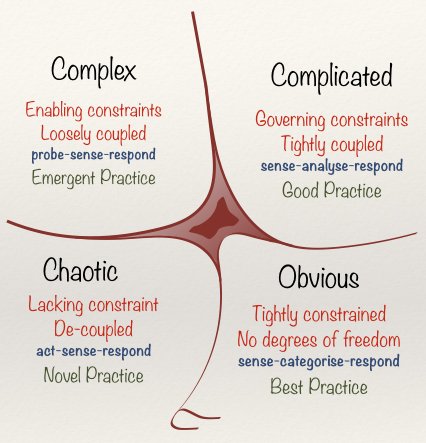Using online learning environments while living and working in six different countries over the past 15-ish years has given me a unique lens or set of filters with which to engage in the JISC #codesign16 challenge. Working as a student, teacher, manager, and academic staff in these environments adds to the angles I will try to throw at the idea of a Next Generation Digital Learning Environment (#ngdle). Before I jump into this, I want to warn you that there is pretty much NOTHING traditional about my background/views/feelings/approaches to education. I am the outlier of the outlier. That person from out of nowhere/anywhere that probably frustrates/excites you at times because you often have no idea how to predict they will engage. Also, this is the first in a series of posts to be collected someday as #IdeaVomits, so that should give you enough of a caveat to proceed.
So let’s start with prediction, because that is one of the most prevalent conversations at conferences. What will be the next (blah blah blah)? Where will we be in X years? How do we prepare our learners for careers that don’t exist yet? These are common enough questions, and probably need to be asked heading towards whatever answers institutions are looking for in the #ngdle.
For me, though, the most important questions center around the WHO-sphere of inquiry. If you are looking at an #ngdle and the people you have assembled have not worked in digital learning environments much, you are probably facing some challenges. As Donna Lanclos points out, we must avoid, “assessment as controlling process,” which is what much of education was and/or has become. As we guess our futures, we must avoid the problems of the past/present. We must include representatives from all contingents of campus(es). In doing so, as Peter Bryant protested, we MUST focus on the things that are evident in our future educations: “Social media! Participatory culture! Digital Citizenship!”
But what lenses and filters do we use to assess these things? How can we establish some type of common ground? For me, one of the most helpful frameworks for discussion has been Dave Snowden’s Cynefin Framework. A lot of conversations in education try to force solutions of a “obvious” or “complicated” nature, but if we really look at most learning landscapes, we know that most of our work is at least complicated, with most of it sitting in the complex realm. If we can at least accept what filters to start with, we can begin building something.
So there’s all of those things. And then there’s the complex/chaotic world(s) of the (net)work(s) of Audrey Watters. One of her most recent pieces parallels the use of weaponized pigeons (and other animals) to how we have created assessment systems for students. As we think about #ngdle we need to really think about this piece from Watters’:
“Education technology is not always loyal to institutions, of course; it’s not always loyal to democracy either; it’s not always loyal to learning or to teaching – to students or to teachers; but it’s always fiercely loyal to itself and its own rationale, to its own existence.”
Why do we even need a #ngdle? As many have argued, if its just Learning Management Systems with social media and other interactivity added in, what is so NG about it? We already have affordances for these things in some of the systems we have.
So are there answers? Reading, researching, working, and creating with/in learning environments for many years has me thinking a few things that are confounding/conflicting. First of all, in the Cynefin framework we are asking complex/chaotic questions. Answers to these types of questions are difficult to measure by their nature. Yet we need to find ways to educate people in all the things. And there are so many things we require comparing and predicting.
Secondly: context is everything. In this world of knowledge abundance and context collapse we are constantly at odds for what contexts we need to participate in and foster. And at the underbelly of all this, is a question Dave Cormier recently posited: What is education for? All of the greatest educational minds can gather in whatever conferences/workshops/symposium/think tanks and come away without an answer to this. Why is this? Because the diversity and convergence of our natures/backgrounds/disciplines/privilege/instincts do not allow for “obvious” answers.
And that’s where it ends. So instead of frustrating ourselves trying to force obvious answers onto complex questions, why not look around the room/campus/community you want to learn with and find out what is best for all of you? If you can’t decide, start expanding the people you’re talking to and involve as many perspectives as you can. This definitely complicates things, but shouldn’t these conversations always be so? (Y)Our future is (y)ours and we need to find as many perspectives on what education was/is/will be in order to find a path forward.
Concerning these things, what do you think of #ngdle? Add your voice to the conversation using #codesign16. Engage with us and lets see where we can move with these things.
NB: #IdeaVomit term stolen from Safiya U Noble from her #budsc16 keynote at Bucknell University



Comments are closed.